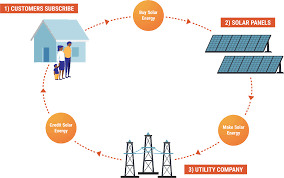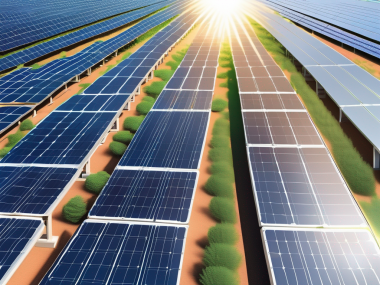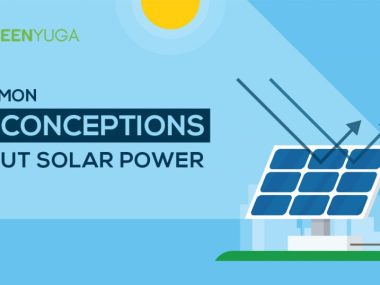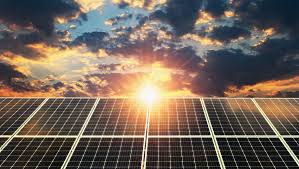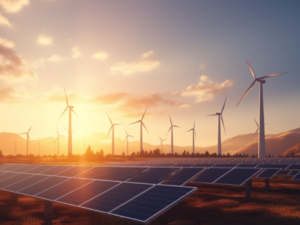Introducing the DC water heater introduces a groundbreaking method for water heating. In contrast to conventional water heaters relying on alternating current (AC), DC water heaters utilize direct current (DC) electricity to efficiently produce heat for various purposes. These innovative heaters are designed to directly convert DC power into thermal energy, providing a dependable solution for heating water across diverse environments.
DC water heaters excel notably in off-grid or renewable energy systems, where DC power sources like solar panels or batteries dominate. By sidestepping the conversion from DC to AC power, these heaters showcase heightened efficiency, positioning them as a preferred choice in sustainable energy setups.
Available in diverse sizes and setups, encompassing tankless varieties for instantaneous hot water and conventional tank-style models for storing heated water, DC water heaters address residential, commercial, and industrial requirements with their adaptable and energy-efficient performance.
DC Water Heating Using Low Voltage Elements
A DC water heater utilizes direct current (DC) electricity, diverging from the conventional alternating current (AC) operation. These heaters are engineered to effectively transform DC electricity into heat energy, serving to warm water for diverse applications like domestic hot water supply, industrial processes, and heating functions.
Primarily employed in off-grid or renewable energy setups where DC power sources like solar panels or batteries are prevalent, DC water heaters demonstrate heightened efficiency in such environments. This efficiency stems from bypassing the conversion of DC power to AC power, which typically incurs energy losses.
Available in various sizes and designs, including tankless models for on-demand hot water and conventional tank-style heaters for storing heated water, these water heaters cater to residential, commercial, and industrial needs. They offer a dependable and energy-efficient solution for water heating requirements.


